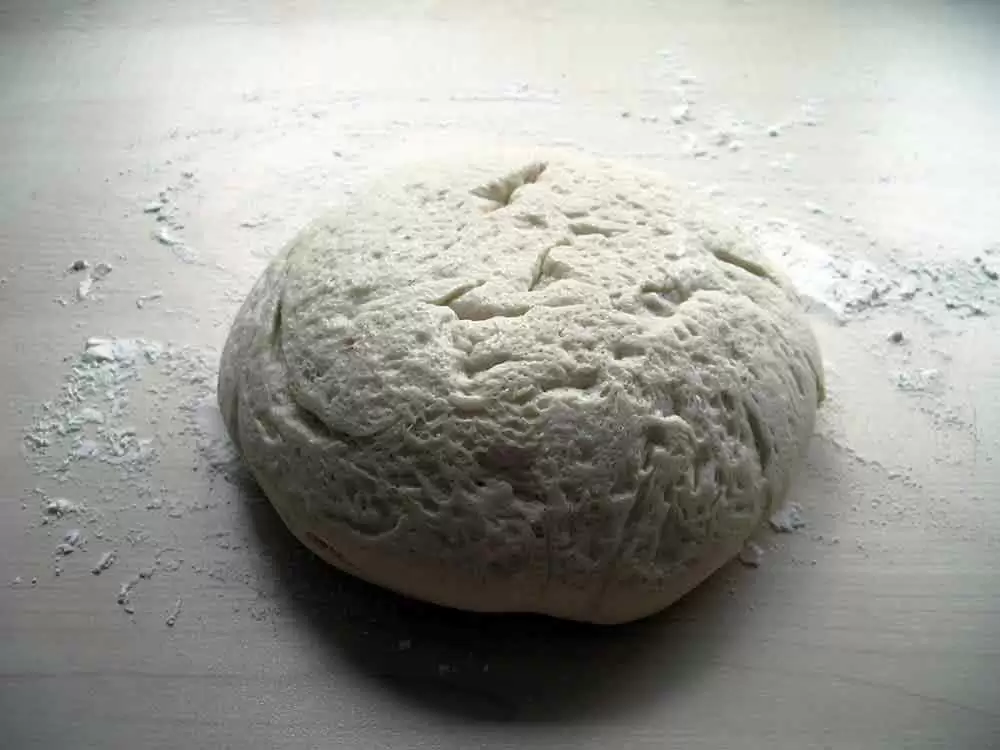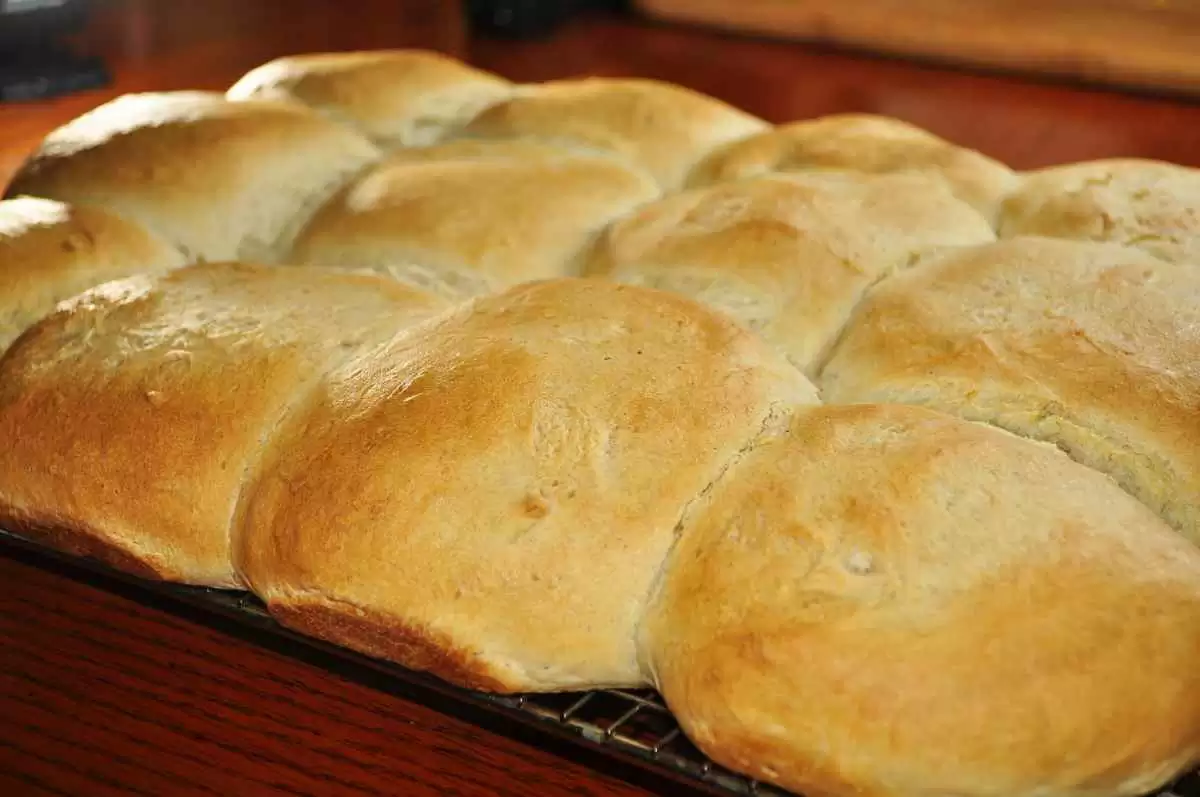
Celiac.com 11/27/2023 - Bread is a staple in many diets worldwide, but people with celiac disease cannot consume traditional wheat-based bread. Additionally, a growing number of people choose gluten-free options due to lifestyle preferences or gluten sensitivity, fueling the market for such products. Pseudocereals like quinoa, amaranth, and brown rice have gained attention as naturally gluten-free alternatives to traditional wheat-based products.
In response to the increasing demand for gluten-free products, particularly among individuals with celiac disease, researchers have delved into creating gluten-free sourdough bread with added nutritional benefits. This innovative study, published in the journal Foods, focused on incorporating Moringa oleifera, an unconventional, but health-promoting crop, into the formulation of pseudocereal-based gluten-free bread.
Celiac.com Sponsor (A12):
The study aimed to evaluate whether enriching gluten-free sourdough bread with Moringa oleifera extract could enhance its nutritional properties. Researchers used pseudocereals—quinoa, amaranth, and brown rice—to create six different gluten-free bread formulations. Three were control breads, each made with one of the pseudocereals, and the other three included Moringa oleifera extract at a 6% concentration in the flour.
The formulations were compared against commercially available gluten-free bread on various parameters. The researchers assessed the nutritional composition of the breads, including moisture, protein, fat, fiber, and essential minerals, using standard methods. They also conducted a sensory analysis involving 35 panelists, evaluating attributes such as color, appearance, aroma, texture, taste, general acceptance, and intention to purchase.
The findings revealed that the addition of Moringa oleifera significantly increased the nutritional richness of the gluten-free bread. The breads enriched with Moringa exhibited higher protein content, essential amino acids, and essential minerals. Moreover, they demonstrated improved antioxidant capacity and increased levels of soluble dietary fiber, contributing to potential health benefits.
Interestingly, the sensory evaluation by the panelists indicated that the novel formulation was acceptable, meeting the criteria for labeling it as a functional food.
The study concludes that gluten-free sourdough bread, fortified with pseudocereals and enriched with Moringa oleifera, could be beneficial for individuals with celiac disease, addressing nutritional inadequacies commonly associated with gluten-free diets.
Furthermore, the incorporation of Moringa brings forth not only nutritional enhancements, but also potential health-promoting properties to gluten-free bread, making it a suitable option for consumers with and without celiac disease.
Read more at news-medical.net








Recommended Comments
There are no comments to display.
Create an account or sign in to comment
You need to be a member in order to leave a comment
Create an account
Sign up for a new account in our community. It's easy!
Register a new accountSign in
Already have an account? Sign in here.
Sign In Now